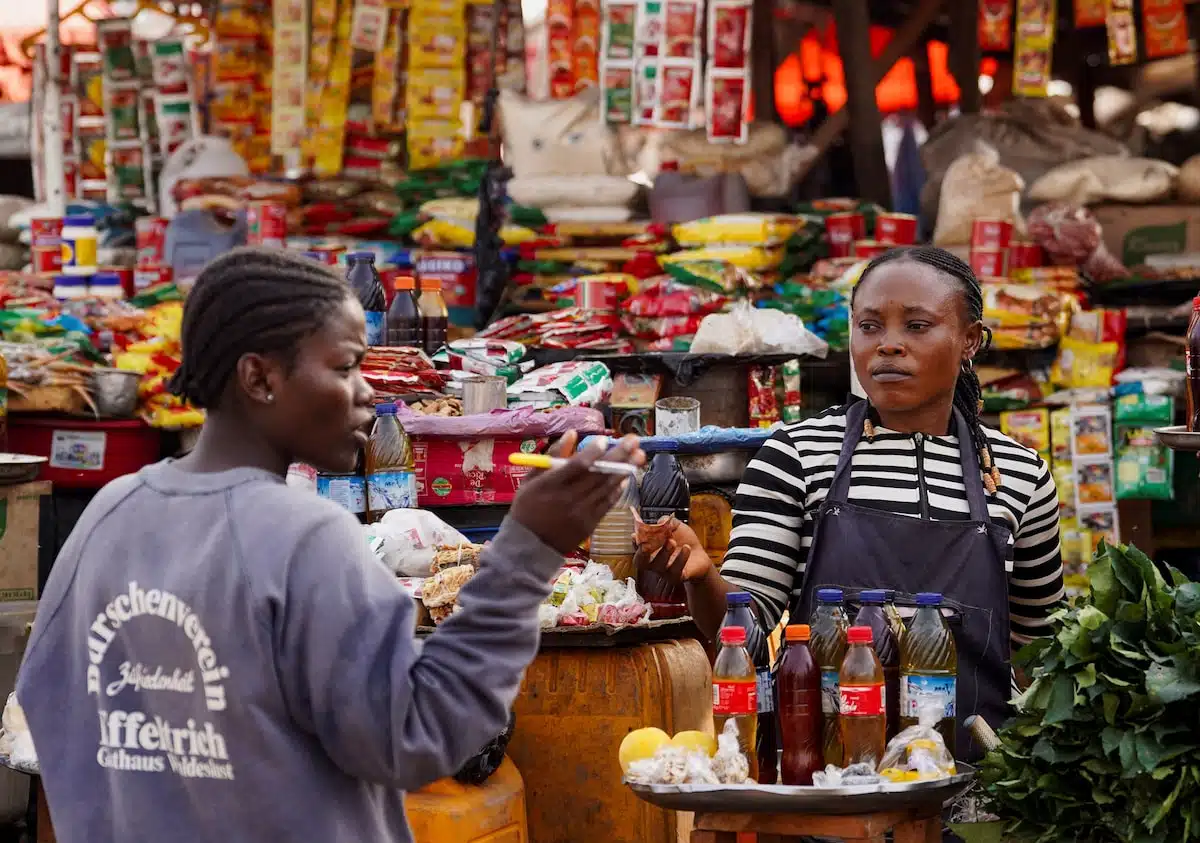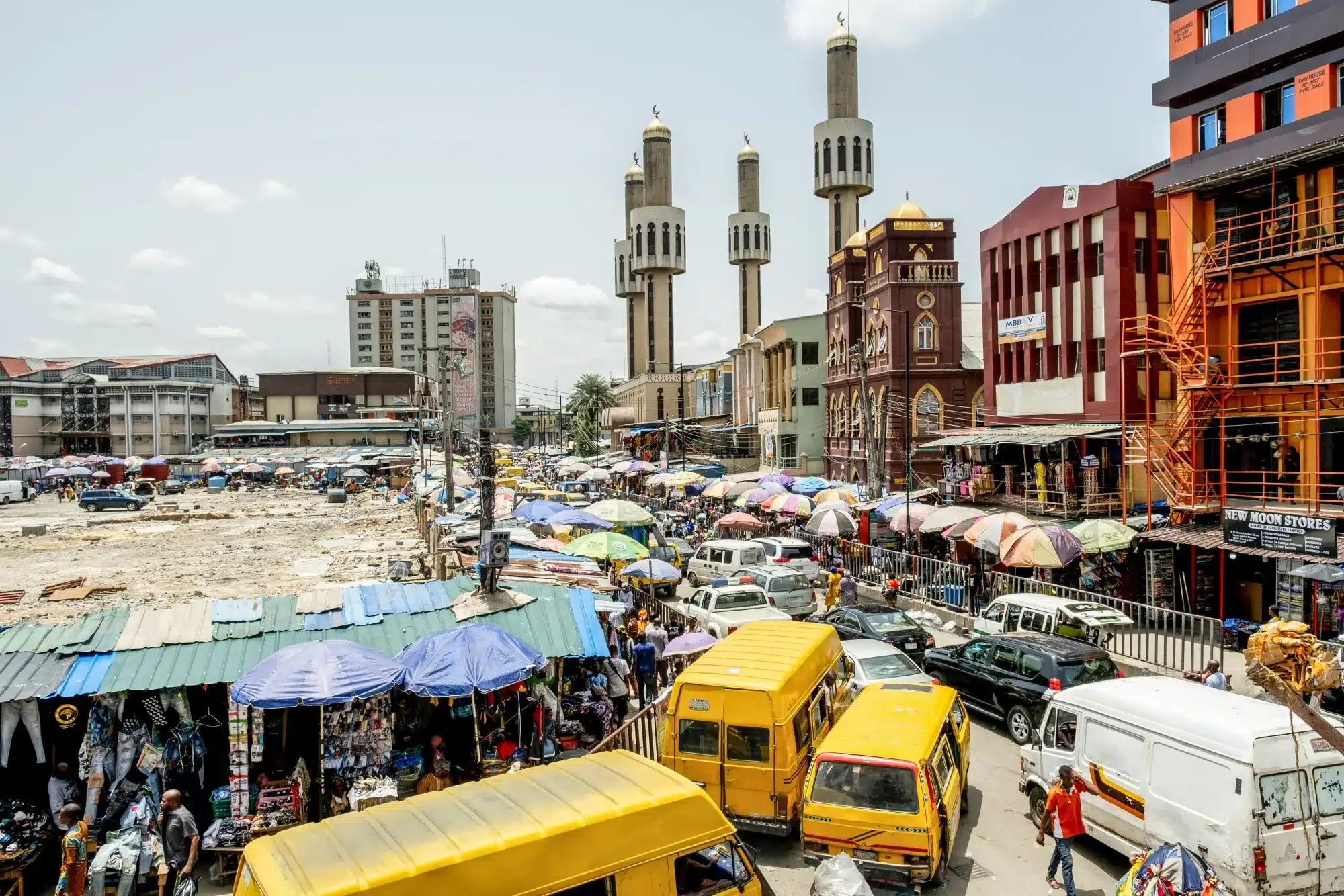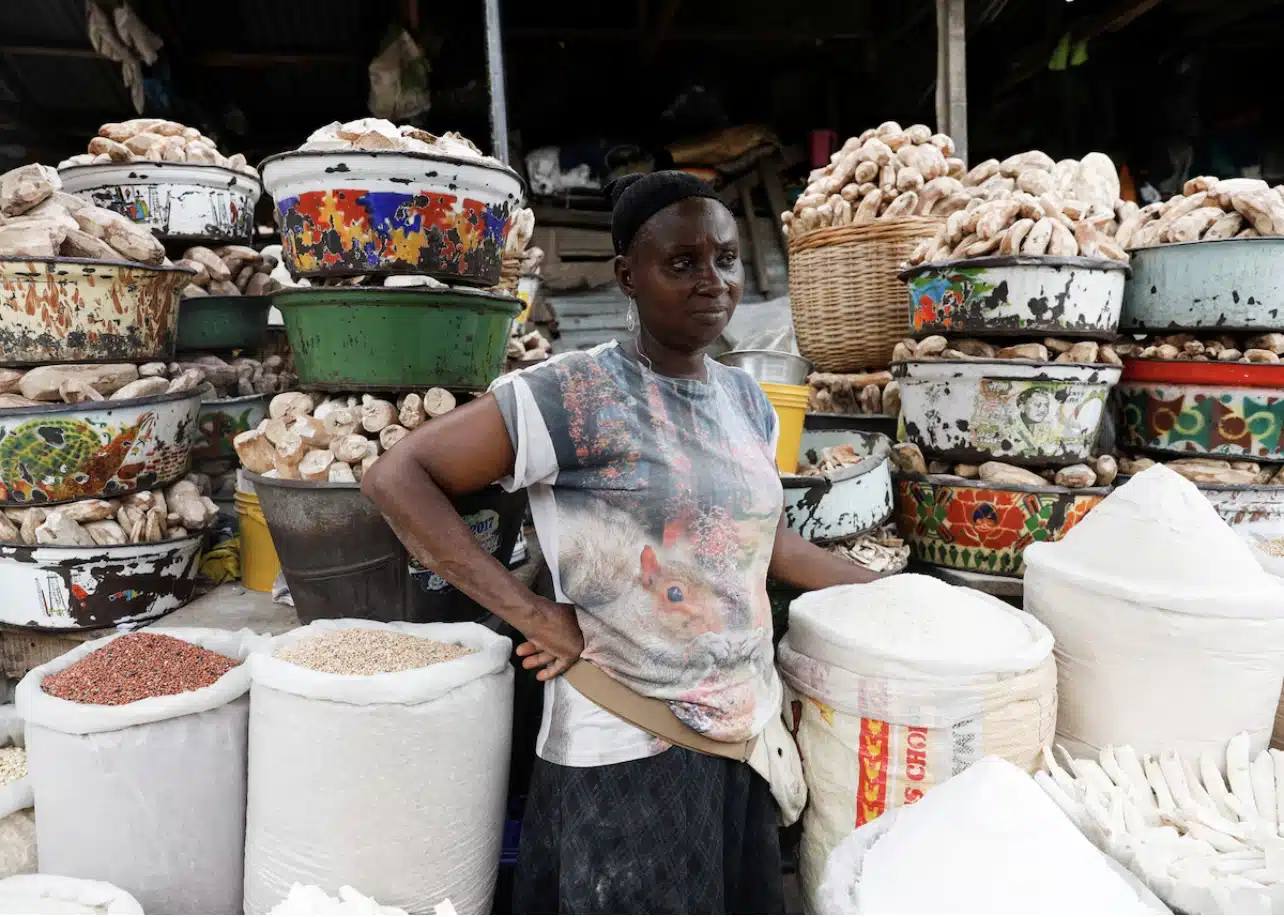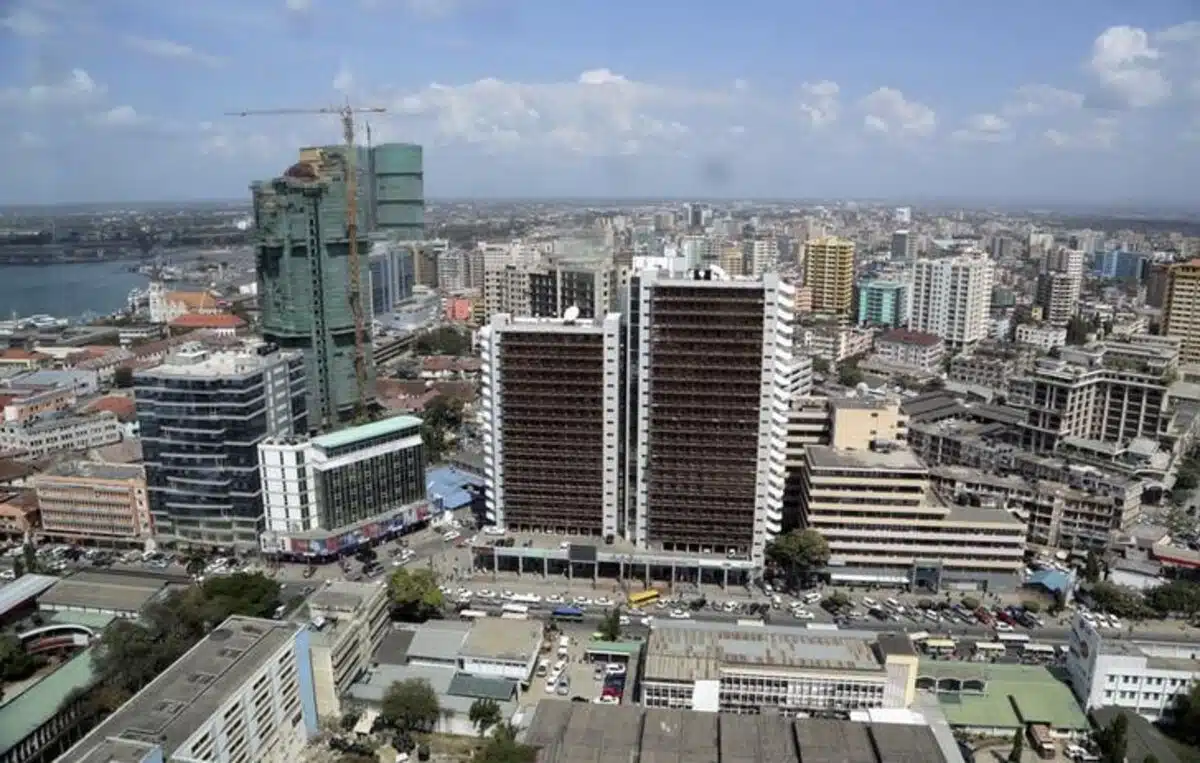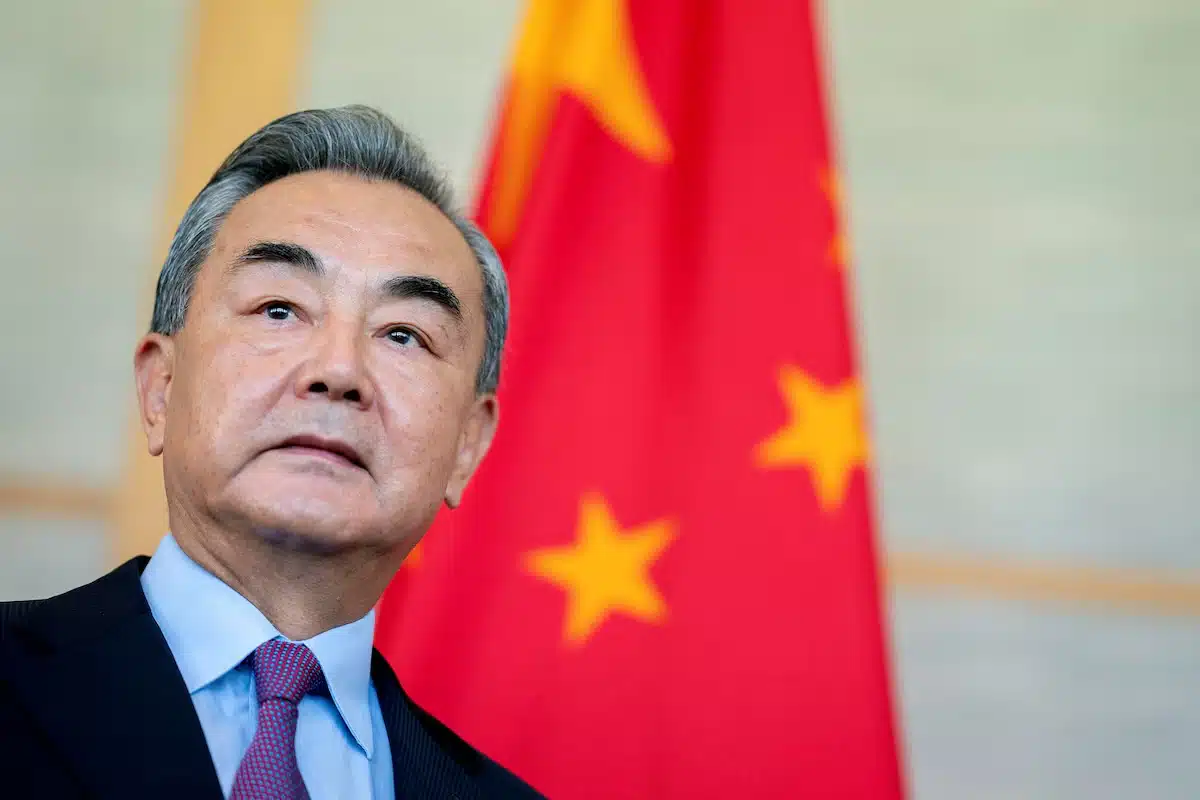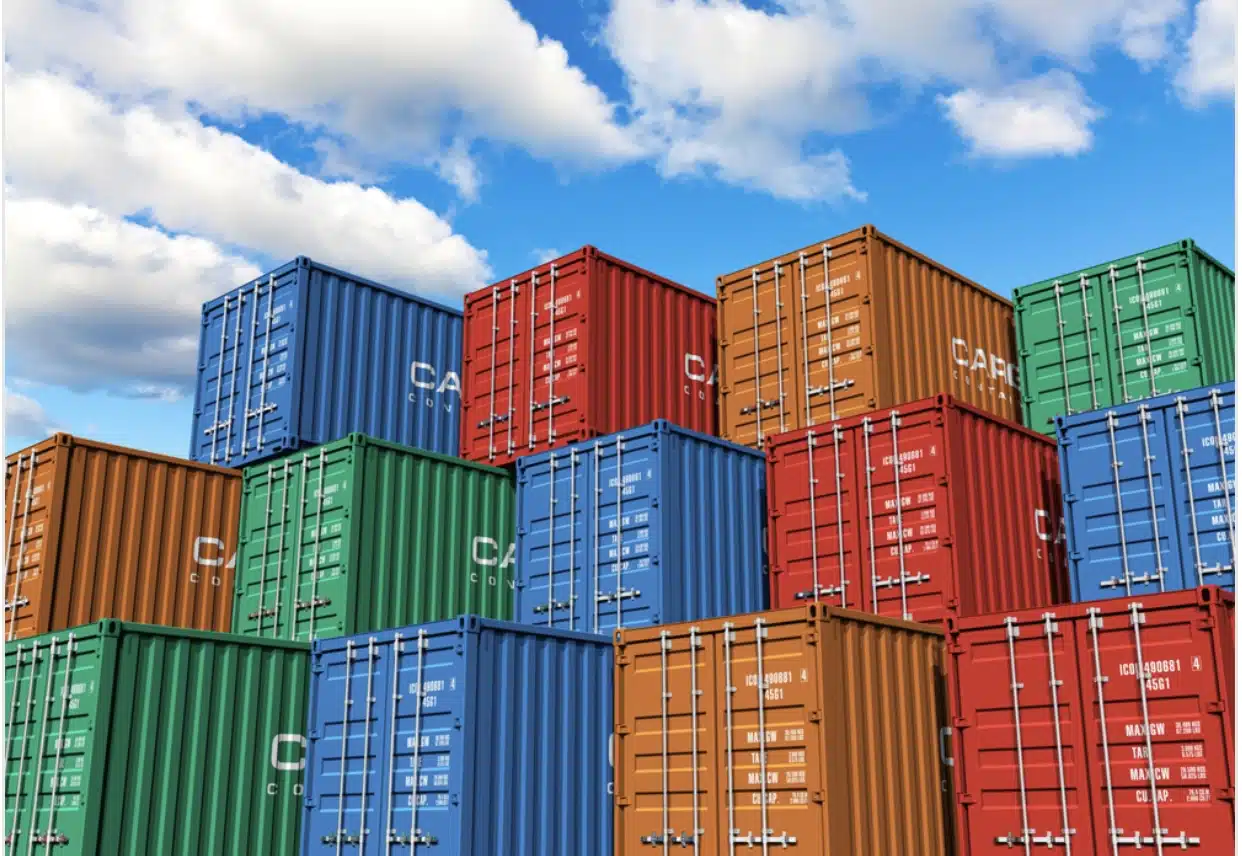Zambia is seeking an additional $145 million from the International Monetary Fund (IMF), after securing parliamentary approval to extend its existing loan programme by 12 months.
The move is aimed at anchoring economic stability and reinforcing investor confidence ahead of national elections next year, according to Situmbeko Musokotwane, the country’s finance and national planning minister.
If secured, the extension would prolong the IMF’s support package beyond its scheduled October expiry.
“It was not a very difficult decision for us,” Musokotwane said at a press briefing on Tuesday. “The stability that we have managed to establish — the growth of the economy, investor confidence — all these are factors that need to be supported, because what we are all aiming for is to bring a good life to the Zambians.”
The copper-rich nation entered a 38-month extended credit facility with the multilateral lender in 2022, two years after it defaulted on most of its foreign debt obligations. The facility was initially valued at $1.3 billion and later expanded to $1.7 billion.
So far, $1.5 billion has been disbursed.
The decision to seek an extension was approved by the Zambian cabinet in late July, with the finance minister noting that a continued relationship with the Fund would help consolidate the gains achieved since the start of the programme.
The latest move, however, comes as a surprise to some observers, as Zambia has largely completed the bulk of its external debt restructuring which it began in 2022.
An extension would likely require further fiscal discipline and stronger revenue mobilisation — potentially politically sensitive measures ahead of the 2026 general election. But the government insists that the additional funding would enable Zambia to solidify macroeconomic reforms through 2026.
Musokotwane stressed the importance of maintaining momentum, saying: “Why do you want to rock the boat when there are still these elements of solidifying the confidence that we are bringing to the economy? Let’s maintain it — the benefits will be there for everyone to see.”
In its fifth review of the programme, the IMF said Zambia’s performance has remained broadly satisfactory.
While most end-December 2024 quantitative targets and many March 2025 benchmarks were met, it noted that only six out of 14 structural reforms had been completed on schedule.
Still, the Fund reported that authorities remain committed to “maintaining macroeconomic stability, sustaining social spending, and restoring fiscal and debt sustainability,” while pushing ahead with structural and governance reforms.
Zambia post-default recovery gathers pace
Zambia’s post-default recovery has gained traction, buoyed by stronger copper output and a record corn harvest.
Copper production rose to 30% in the first quarter of 2025 compared to a year earlier, putting the country on track for an all-time high this year.
Analysts believe that the proposed 50% tariff on copper exports by the US is unlikely to significantly affect Zambia due to its limited exposure to the American market and expectations of temporary price volatility.
Meanwhile, the 2024/2025 farming season delivered the country’s largest maize harvest on record, with an estimated 3.66 million tonnes — more than double the previous year’s output, owing to favourable rains following a historic drought induced by extreme climate changes.
As a result, inflation eased to 13% in July, its lowest since November 2023. The government expects inflation to fall within the Bank of Zambia’s 6 to 8% target band by year-end, for the first time since 2019.
It also sees GDP growth rebounding to 5.8% in 2025 and 6.4% in 2026, up from an estimated 4% in 2024.



